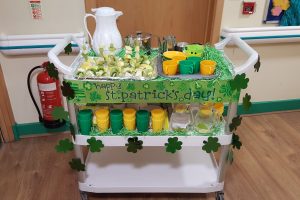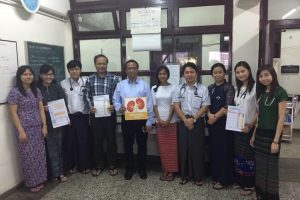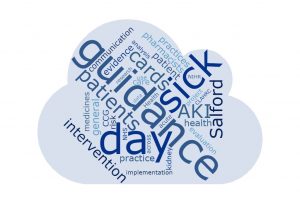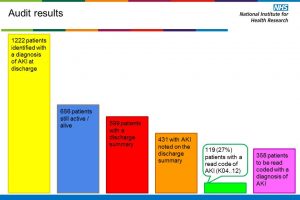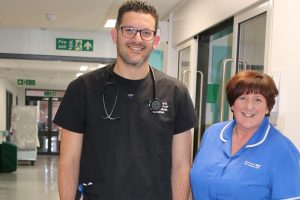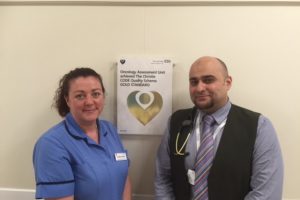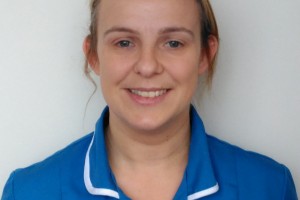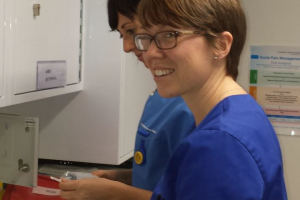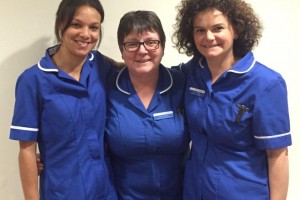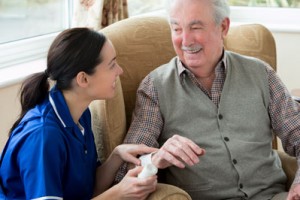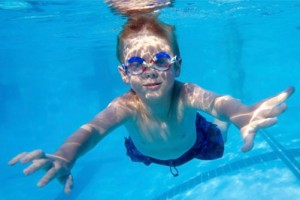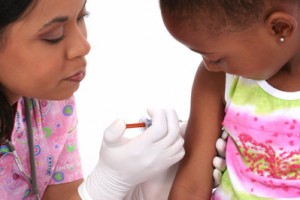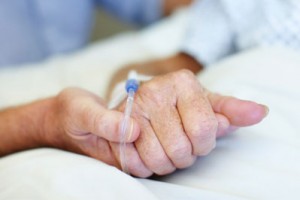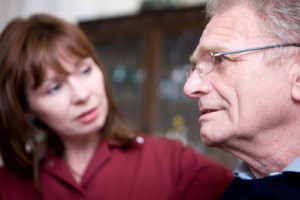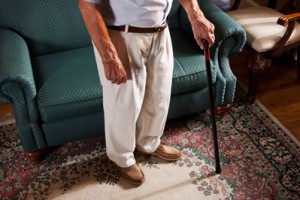Case studies
Improving Awareness of AKI in Care Homes
Share this on – Facebook / Twitter / Linked In

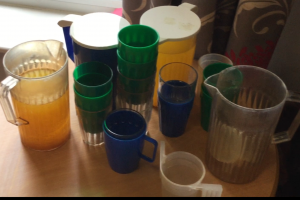
Acute Kidney Injury (AKI) is a factor in the deaths of around 100,000 people each year in the UK and older people are particularly at risk. Care home residents are one of the highest risk groups as AKI is linked to a range of complex health conditions, including heart failure, diabetes, chronic kidney disease and dementia. AKI can be exacerbated by dehydration, which is a common problem among care home residents who may have an insufficient fluid intake or those suffering from dementia who can lose the ability to recognise thirst.
A pilot project by Think Kidneys set out to increase awareness of AKI among care home staff as a way of helping them improve the prevention, detection, management and treatment of the condition.
Think Kidneys Programme Development Officer, Julie Slevin explained: “Care home staff are on the frontline in the care of vulnerable older people and can play a vital role in the prevention and early detection of Acute Kidney Injury. The idea behind the pilot programme was to bring care home staff together to find out what they needed to help them to manage AKI more effectively. Estimates suggest that roughly a third (30%) of all deaths from AKI are preventable so finding ways to reduce incidence of the condition amongst one of the most high risks groups is crucial. We invited interested people from care homes – nursing staff, health care assistants, managers and commissioners to a launch event so we could hear about their experience of managing AKI.”
At the launch event, care homes were invited to share their challenges and to outline the resources that they believed would help them to manage AKI more effectively. They spoke about staff challenges – including high turnover, problems with recruitment and difficulties in releasing staff to undergo training – and said that to manage AKI more effectively, they needed concise, effective and appropriate training, some simple-to-follow tips, a designated AKI champion and signposting where to go for more help.
Think Kidneys formed a care homes project group comprising representatives from care homes, improvement experts from Think Kidneys, key personnel from CCGs and nutrition and hydration specialists. Paula Cashmore, Clinical Quality Monitoring Officer from NHS Birmingham Crosscity CCG, was a member of the project group. She said:
“As a former nurse from a nursing home and a member of the in-house quality team at Birmingham Crosscity CCG, I was keen to be involved in the Think Kidneys initiative. We have good links to nursing homes in our region and see the problems associated with dehydration and Acute Kidney Injury.”
The Think Kidneys care homes project group developed a guidance leaflet explaining how to prevent, detect and manage AKI in care homes and a training resource pack, comprising nine simple activities that would each take roughly 10 minutes for staff to complete. The training was tested and refined in association with the care homes that volunteered for the pilot.
A roadshow for care home providers in Birmingham, Liverpool, Somerset, Bristol and Essex were held. Some CCGs held study days for care homes in their area. Forty-five care homes volunteered to take part in the Think Kidneys pilot project.
One of these was Boldmere Court care home in Birmingham. Operations Director, Kerry Jackson said:
“Our staff received training from the Think Kidneys team in July 2016. As a result of this, we introduced a range of improvements. We now have dedicated drinks champions whose role it is to encourage residents to drink at least two litres of fluid a day. We have also introduced jellies, ice cream and yoghurts, which provide an alternative way of increasing the fluid intake for residents. This is particularly helpful for dementia sufferers as they can sometimes refuse fluids. Residents are encouraged to make their own jellies and ice creams alongside the drinks champion and our activities officer. Families, too, have been told about the benefits for residents of these foodstuffs and have begun to bring these in as an alternative to chocolates or other treats. We also have stickers on each resident’s door showing what they like and don’t like in terms of fluids so that agency staff are aware. We now use the education resource pack to deliver our own in-house training to staff.”
Since the training from Think Kidneys, Boldmere Court saw the number of Urinary Tract Infections on the dementia unit fall from 10 to one over a period of eight weeks. There were zero hospital admissions for AKI in that time.
NHS Birmingham Crosscity CCG played an active role in the pilot and has led the way in developing an AKI quality audit for care homes. Paula explained:
“It is really important for care homes to be aware of the importance of keeping residents properly hydrated. Dehydration carries with it the associated risks of confusion, UTIs, falls, AKI and multiple organ failure. The CCG is responsible for carrying out quality audits at nursing homes in our region and we have now included a number of recommendations aimed at helping nursing homes to prevent, diagnose and manage AKI more effectively. We suggest that each nursing home should have nominated hydration champions whose role is to ensure that residents have a sufficient intake of fluids. We recommend recording fluid intake on a nursing chart so that care homes can identify hydration problems before they become chronic. If a resident declines fluids for three consecutive days, there needs to be a clear escalation route involving the GP. If no further proactive measures are appropriate at this point to increase fluid intake, we recommend initiating end of life discussions.”
The CCG has introduced the Think Kidneys care homes education pack onto its website for care homes to use. Three nursing homes in its region used the pack as the basis for developing their own training, led by nursing staff and managers. Paula commented:
“Each of the nursing homes that has been involved in this initiative has fed back to us the huge difference it has made to residents. They have introduced a range of measures as a result of the training, including installing new fridges containing jellies and ice creams, introducing hydration champions and encouraging staff to take regular coffee breaks with residents. There is a far greater awareness of the importance of hydration in these homes. Managers walk round holding coffee mugs to encourage residents to drink. The impact has been significant. Nursing homes report less confusion amongst residents and far fewer incidents of UTIs. This is likely to lead to few falls and less AKI.
“Residents in nursing homes have a high level of dependency. They rely on staff for many of their care needs and it is the responsibility of everyone in the nursing home to do whatever they can to keep residents well hydrated. This is an important initiative and we will be encouraging all nursing homes in our area to deliver the Think Kidneys training to their staff.”
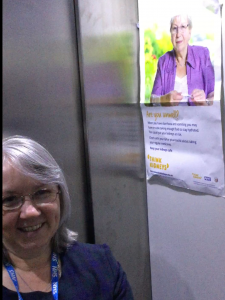
Case studies


